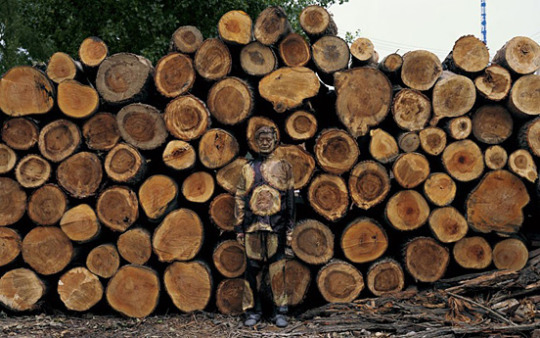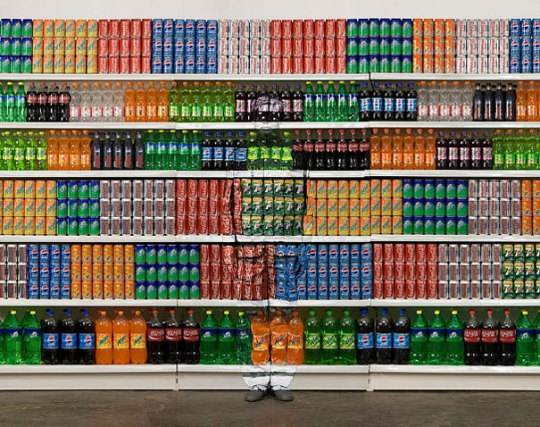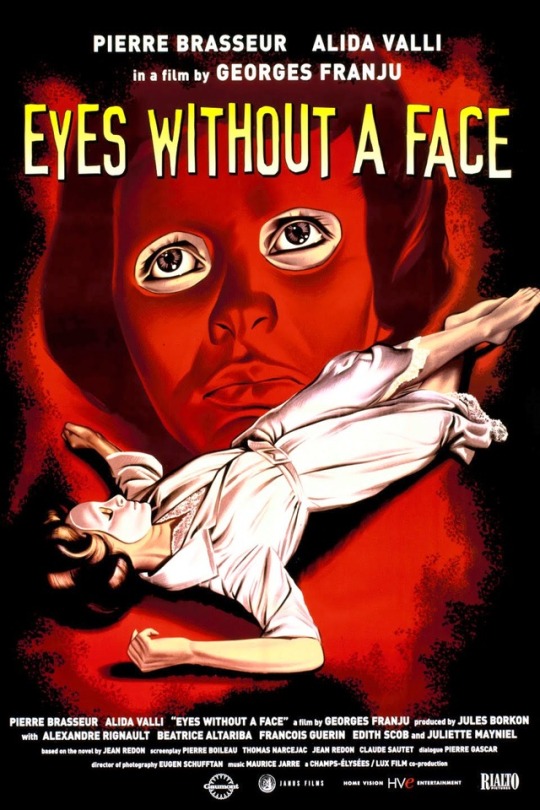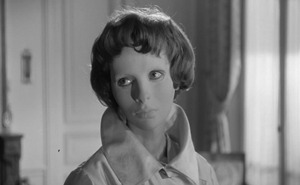How do we perceive things? I am curious about the way human beings see things and our notion of beauty.
Don't wanna be here? Send us removal request.
Text
I like the way humans perceive things. I am curious to find out the way our brains work and how that influences the way we perceive beauty and ourselves.
My interest for the way human beings perceive themselves stemmed from when I looked at host cells and the symptoms that humans get when they’ve caught a virus. I was interested in the visual aspect of this: which were boils, rashes and itchy blisters.
Insecurity and flaws is a topic that is constantly surrounding us, and our way of dealing with this issue is by reconstructing our faces to try and feel more comfortable under our skin.
Although it’s a common issue for humans, it isn’t something anyone would like to admit. Consequently, I have decided a potential starting point for this subject is going to be about imperfections and how people perceive beauty.
The interesting aspects of this subject is the way imperfections and how people perceive themselves is a universal problem. It is interesting in the way in which people use make up as a security blanket covering their insecurities and as an attempt in trying to fit in to social pressures. I want to go in to depths of this issue and find out the subconscious reasons for our behaviour and our perception of ourselves and others.
How do we as humans perceive beauty? Why is facial symmetry more attractive? Is beauty subjective? Looking at facial symmetry, it is scientifically evident that people with more symmetrical faces are more attractive. Why is this? In terms of mating, facial symmetry is a demonstration of a healthier, genetically fit, and can withstand changes in environment. These are some of the factors that scientifically prove to make a human more attractive, as this means they can pass on good genes to offspring when mating.
Looking at the ‘5 Big personality Traits’ which consist of openness to experience, conscientiousness, extraversion, agreeableness and neuroticism. It has been shown that people with more symmetrical faces tend to be extroverts. There are certain patterns that appear in the brain activity of a human when viewing something beautiful. Despite the different cultures and views around the world, facial symmetry is universal.
Realistically we see ourselves everyday so which makes us much more critical of the way we perceive ourselves. It is easier to find someone else beautiful, as you never get close enough to really see the flaws.
I want to find what it is that evokes these insecurities, that not apply to me but to the vast majority of the female and male population. I’m curious to find out what the notion of imperfection and perfection is and as humans how we perceive things. I know as a woman speaking, that I have bad days of my own where I feel too bare to step out the house so I hide my insecurities by using make up. I often feel the social pressure to try and fit and to be viewed attractive.
list of most popular celebrity facial features requested:
· Nose: Duchess of Cambridge
· Eyes: Keira Knightley
· Eyebrows: Jenifer Lopez
· Lips: Penelope Cruz
· Cheeks: Angelina Jolie
· Skin: Reese Witherspoon
· Forehead: Miley Cyrus
· Chin: Selena Gomez
As an observation, it appears that when people get plastic surgery, people end up looking like each other. Is there a reason for this? Is there a desired look that people aim for?
I am curious to find out where people’s notion of beauty comes from. I believe that the media has a major role in the way people wish to look. For example, if you look back to the early 00’s the trend was to be size 0, it was fashionable to be super skinny, people follow this. There were role models like Victoria Beckham and Kate Moss. Now if you look, Kim Kardashian has a massive influence in body sizes. She has introduced a different desirable body type which completely contrasts the 00’s. During each trend people copy what’s to be seen as ‘fashionable’.
0 notes
Video
youtube
I watched the 1960’s fantasy film, ‘Eyes Without A Face’, which was directed by Georges Franju and Claude Sautet. This film was based on a story about a crazy plastic surgeon named Dr. Genessier and his assistant Louise, who kidnaps young Parisian women using their faces as a skin donation to restore the beauty of his Daughter (Edith Scob), who had been mutilated in a car accident.
Metaphorically speaking the title of the film ‘Eyes Without A face’ projects the idea that eyes do not portray thoughts and feelings however a face is a person’s identity. He dismantled and reconstructed everything he physically could, but he was unable to change the eyes or else she would not have been able to see.
0 notes
Text
I began thinking about identity and appearance. As a response, I interviewed a variety of people to find out whether the use of makeup was a prominent part of their lives and their views on it. This allowed me to understand what people's views are on makeup and why people use it. There was a correlation in the people who wore more makeup and felt unhappier in their skin. As oppose to people who were less dependent on makeup and didn't really share the same views about themselves.
I started to see that people had been subconsciously following trends which were present on different types of social networking. It had seemed as though people felt social pressures from the beginning ages of puberty. There’s a real urge to follow these trends that are surrounding them in order 'fit in' or even feel 'normal’ and essentially to feel accepted by society. I learnt that there is a large majority of females that feel obliged to follow trends, but interestingly there were different types of trends that people were following. One of the style of make up examples that I was told about in the interview is the 'tired eye' and 'effortless' look which consisted of eye make up that gave you a dark shade around your eyes, but ironically still using to make up to achieve this appearance.
After speaking to the people I had interviewed a few of them shared insecurities about having fair eyebrows and to resolve this problem they filled in their eye brows to pronounce them. I wondered what it was that was making them feel conscious about their eyebrows and where this issue had stemmed from so I asked why? I found it interesting that no one could really answer this question, which gave me the feeling that they’re subconsciously following trends even though it’s so obviously surrounding them in their daily lives. It became very apparent to me that people are getting hugely influenced/ pressured by the social trends of how one should look. However, the fact it’s exposed everywhere all throughout the media, it’s now subtly become the norm as people are getting absorbed by it without even realising.
0 notes
Photo



I looked the Chinese Artist Liu Bolin, I was intrigued by the project he did about camouflaging into your environment. This project was about our relationship with our environments. It was essentially a protest against the Chinese Government about the lack of fund and support for Chinese Artists. I took inspiration from Liu Bolin for my chosen subject area.
It has made me think about how humans compare themselves and look up to celebrity role models and the media in terms of their appearance, and try to achieve a similar look. People just tend to replicate what they see. As a result of this, people lose their sense of identity and end up looking incredibly similar to one another and just blend into society. I love the simplicity of his work, and the way he has used paint to essentially hide the person in the composition. I can really take inspiration from his work. There is a connection between Liu Bolin’s project on camouflage and my chosen subject area, as his use of camouflaging is like the idea of people covering what is there and trying to conceal their flaws.
0 notes
Text
As I hope to specialise in Makeup and Prosthetics next year at University, I feel as though this chosen subject area will allow me to explore and practise different mediums in this field but also give me the opportunity to progress as an artist. In the past I have worked with makeup and latex to replicate textures of boils, scars, rashes etc. I was exploring viruses and the visual symptoms that you get when you’re ill.
I feel as though these will be useful techniques that I can incorporate in to my chosen subject area. I wish to experiment with prosthetics as I explore the depths of the human body and plastic surgery. I am interested in exploring the form of the human face and fully comprehending the notion of imperfection. Another useful technique that I could potentially use for this project is casting and vacuum forming. Liu Bolin is someone I will look at for inspiration for this project.
0 notes

